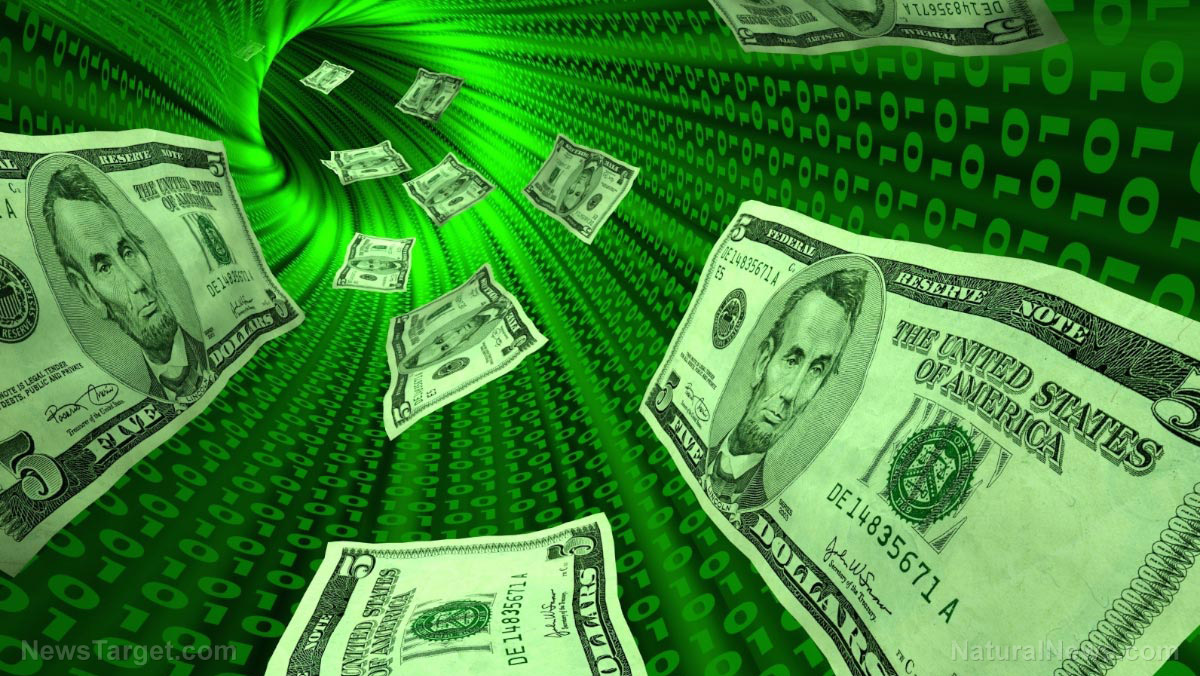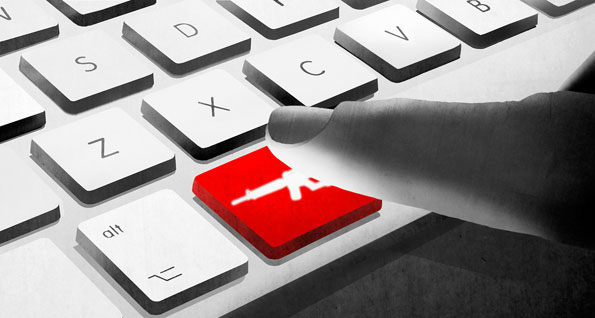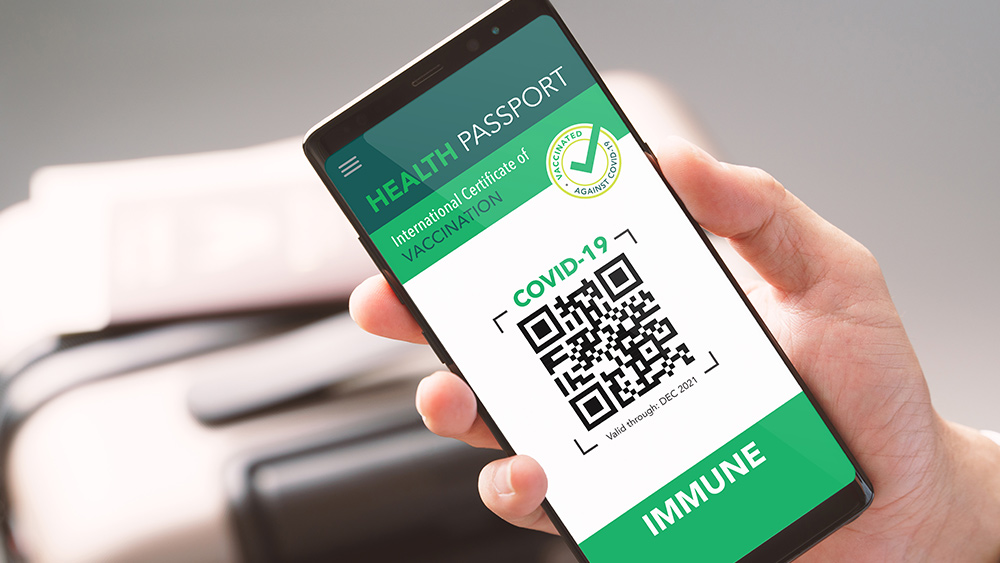Australia is rapidly becoming “cashless society” shunning all physical currency
03/28/2022 / By JD Heyes

The world continues moving rapidly towards “cashless” societies, shunning physical currency in exchange for an electronic financial system that can literally be turned on and off by governments at will as a means of controlling their people.
When the U.S. and the world got off the gold standard in the early 1970s, the move towards fiat currency dramatically accelerated, as did the accumulation of national debt throughout the world. By the 1990s, electronic currency in the form of debit cards started to become prevalent, and today they are simply pervasive, with a minority of citizens still using physical currency. In fact, the use of payment apps via smartphones has grown exponentially in just the last couple of years.
Now, Australia is moving rapidly towards the total elimination of all forms of physical currency to go completely cashless, according to a report this week, with plans to get there no later than 2031, though it’s possible the country will become cashless by 2024, news.com.au reported.
Since 2019, various banks across the country have removed some 3,800 ATMs, or about one-third of all cash machines. The four top Australian banks, at the same time, have closed around 459 branches.
CBA, Australia’s largest bank, now has just 875 branches, compared with 1,200 before COVID-19. At the same time, the bank has cut ATMs by more than half, down to 2,000.
In New South Wales, over 200 suburbs have no way to obtain cash in their area, according to news.com.au, and 300 lack a bank store.
Digital transactions already predominate in Australia, where fewer than 25 percent of transactions involve physical money and 80 percent of residents prefer virtual banking.
The shift to digital, experts said, will leave the country effectively cashless by 2031 or earlier.
According to Prof. Robert Breunig of Australia National University last fall in an interview with news.com.au, the COVID-19 pandemic sped up the transition to all-online banking, which of course makes it far easier for the government to ‘monitor’ — and tax — all transactions far more easily.
“People often avoid tax by doing cash-type jobs and if there is no cash under the table, then it’ll be easier to actually follow the transactions,” he told the outlet.
In a Finder survey of experts conducted last year, fully 89 percent of respondents said they believe the pandemic quickened the demise of physical cash. Meanwhile, 56 percent said that physical currency will disappear throughout Australia within a decade, but some estimates put the end date closer to 2024.
“Cash has already been pushed to the edges of our economy, and cash-only businesses are few and far between. Expect them to get even rarer,” Graham Cooke, head of consumer research for Finder, told the outlet. “Finder predicted a cashless society in Australia by 2036 a few years back and now even that timeline may be too far away.”
The left-wing global elite has long pushed for electronic currencies so that transactions can be monitored and, even more importantly, stopped if said government doesn’t ‘approve’ of the financial transaction, for political purposes.
Think of what happened just last month with the “Freedom Convoy” truckers and supporters in Canada; the government pressured GoFundMe to withhold millions in donations and the platform obliged. If there is no physical currency, then governments can literally order their financial institutions to punish citizens based on their political beliefs or political actions.
And don’t think for a moment that American leftists who have taken over the Democrat Party would not use that power against conservatives and especially supporters of Donald Trump if they had it.
Cashless societies are coming and there is nothing anyone can do to stop them at this point. The focus, then, should be on electing libertarian-minded politicians who respect the Constitution’s privacy and political protections.
Sources include:
Submit a correction >>
Tagged Under:
Australia, Cashless society, Collapse, control, digital currency, electronic cash, enslaved, fiat currency, Global Elite, Left-wing elite, obey, physical currency, privacy, risk, taxation, zero privacy
This article may contain statements that reflect the opinion of the author
RECENT NEWS & ARTICLES
COPYRIGHT © 2017 INFORMATIONTECHNOLOGY.NEWS



















